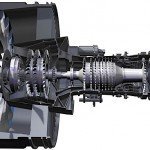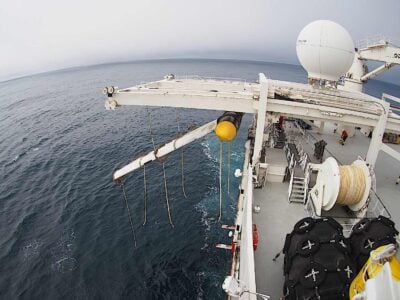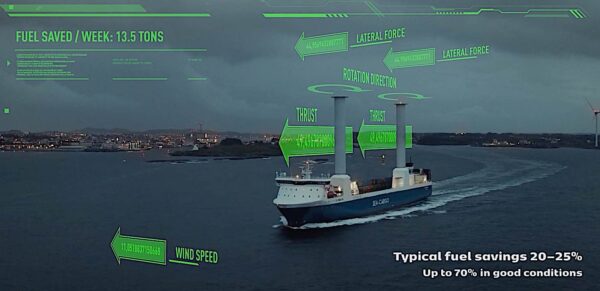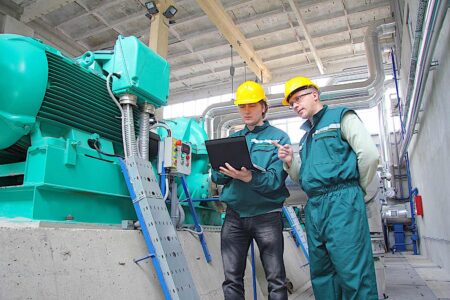The Climate Change and Emissions Management (CCEMC) Corporation, a Calgary-based not-for-profit funded by industry, is offering up to $50 million to fund projects that can lead to the cleaner production and processing of fossil fuel, particularly in Alberta.
Eligible projects will reduce emissions from the extraction, preparation, upgrading, refining, and other processing of fossil fuels, including conversion to petro-chemicals, according to a release from CCEMC. To be successful, projects must demonstrate strong potential to make significant, verifiable and sustainable reductions in greenhouse gas emissions.

An emissions-reducing project that was funded by CCEMC in the past involved a patented technology from N-Solv Corporation for extracting bitumen. Named Bitumen Extracting Solvent Technology (BEST), the process involves injecting propane or butane vapour into oil sands in situ. The company claims that it uses 85 per cent less energy for extraction than the commonly used Steam-Assisted Gravity Drainage method.
Another project that received CCEMC funding involved a consortium that includes Laricina Energy, Nexen Inc., Suncor Energy and Harrris Corporation. The consortium developed a process known as Enhanced Solvent Extraction Incorporating Electromagnetic Heating (ESEIEH), which uses electromagnetic heating (radio waves) to heat oil sands and a solvent to dilute and mobilize the bitumen for extraction and processing. The process reduces the energy required and eliminates the need for water during the recovery of bitumen.
A third project, the MEG Hi-Q Heavy Crude Quality Improvement demonstration project, has the potential to reduce emissions through relatively low energy-intensity upgrading processes that eliminate the need for diluting agents, effectively increasing product volume that can be transported through existing pipelines.
Projects funded through CCEMC grants must result in reduced greenhouse gas emissions. Supported technologies are expected to be commercialized and broadly deployed into the marketplace.
The maximum contribution to an individual project is $10 million, and up to one half of the project’s eligible expenses. Projects must be completed within three years of beginning, and the technology must be applicable to use in Alberta.
Full details about applying for this Expression of Interest are available on ccemc.ca.

































